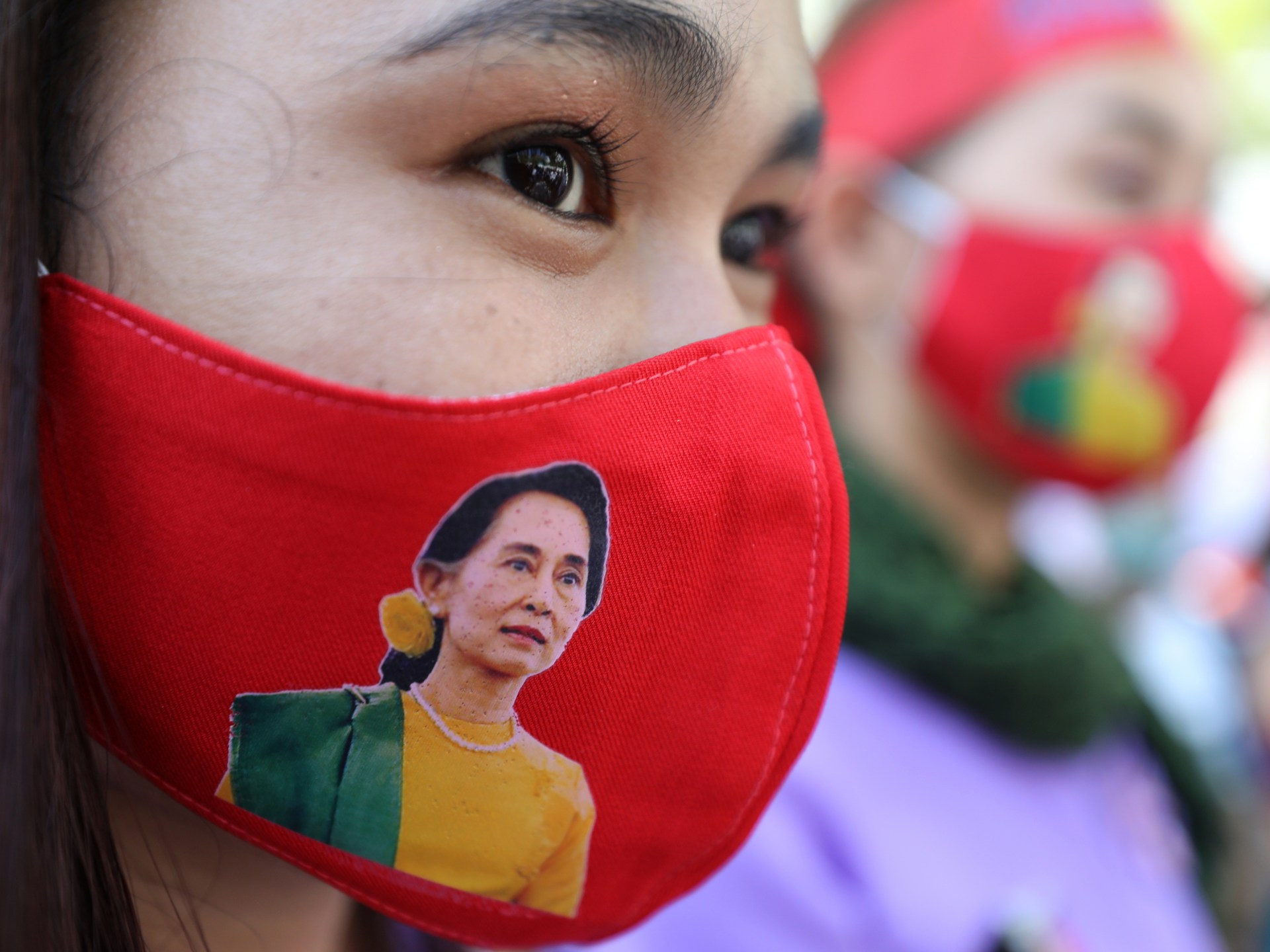U.S. Comes Under Fire Over Arafat Veto
She said the draft "addressed a balanced message to both sides (Israelis and Palestinians) that was likely to result in a consensus," reported Agence-France-Presse (AFP).
The French diplomat added that the text called for an immediate and unconditional halt to "acts of violence and terrorism" between Israelis and Palestinians, a return to the discarded roadmap and a backtracking on the Israeli threat to "remove" Arafat.
France "along with the overwhelming majority of countries which have issued a call for Israel to rethink its decision, reiterates this appeal," she maintained.
The resolution, sponsored by Syria, the only Arab member in the council, was supported by 11 of the 15 U.N. Security Council members.
Although Britain, Bulgaria and Germany abstained, the draft was killed by the American veto.
Regrettable
Pakistan , a close American ally in Asia, regretted the American blocking of the draft resolution which called on Israel not to deport the democratically-elected Palestinian leader.
"Pakistan maintains that the deportation of President Arafat will be an illegal act and a serious setback to the peace process," foreign ministry spokesman Masood Khan told AFP.
"It is the quartet’s responsibility to ask Israel to revoke this decision," he said, in reference to the four co-authors of the roadmap; the U.S., Russia, the E.U. and the U.N.
"Pakistan co-sponsored the resolution and voted for it because we believe that every effort should be made to keep the Middle East peace process on track and to implement the quartet roadmap," maintained the spokesman.
"Unjustified"
Condemning American veto, Egypt underlined Wednesday the move would most likely encourage more Israeli "aggression".
"The United States’ resort to the veto is unjustified," Foreign Minister Ahmed Maher said in remarks carried by Egypt’s state-run Middle East News Agency (MENA).
Although Washington claimed the measure took no steps to tackle Palestinian groups and was unbalanced, Maher dismissed the American "pretext" and said there was "nothing abnormal" about the draft.
"Much to the contrary, it complies with the American position on the subject," said the foreign minister, whose country is a key Washington ally.
He, however, downplayed the fallout of the U.S. veto, saying it could not be considered "a green light for Israel to get rid of President Arafat."
"The United States said it rejected the (Israeli) measures and I don’t believe they intended to use the veto to give a green light" to Israel, he argued.
"The danger is that Israel could misunderstand this position and consider it as an encouragement to pursue its policy of aggression," Maher warned.
Now it is necessary for "the United States to restate their refusal for President Arafat to be threatened or harmed," asserted the top diplomat.
"The urgent action required right now is for the United States to explain clearly to Israel that it’s not a green light," he added.
Divisions
For its part, Germany rejected the divisions at the U.N. Security Council over the draft resolution, a foreign ministry spokesman said Wednesday.
He clarified that Berlin feared the vote on the resolution would send "a false political signal" to the Middle East.
The spokesman said Berlin had decided to abstain because it was impossible to secure a vote in favor of the text as it was formulated.
In an emergency meeting on Thursday, September 11, under Premier Ariel Sharon, the Israeli security cabinet agreed by majority to outline a plan to expel Arafat.


